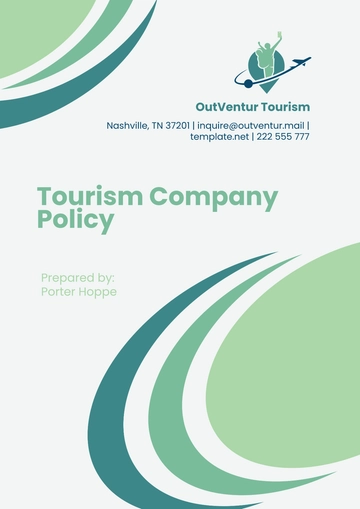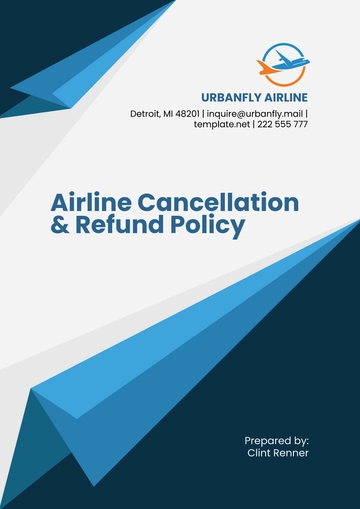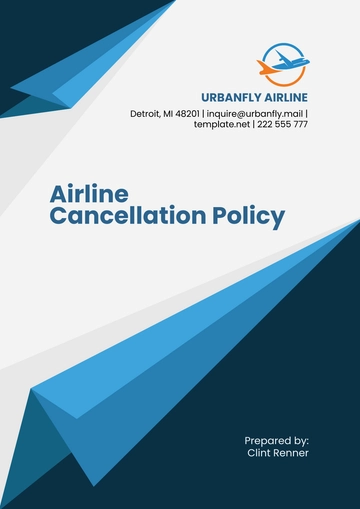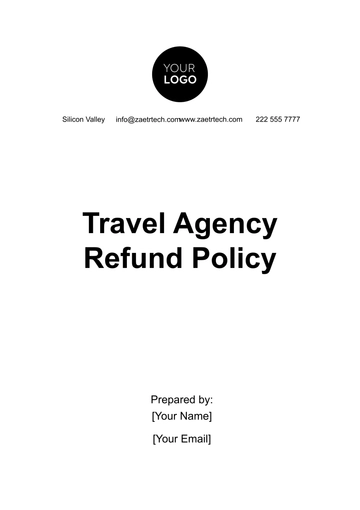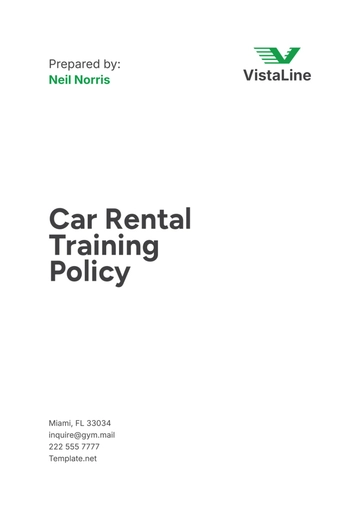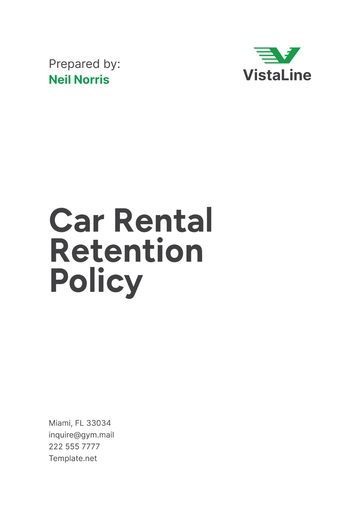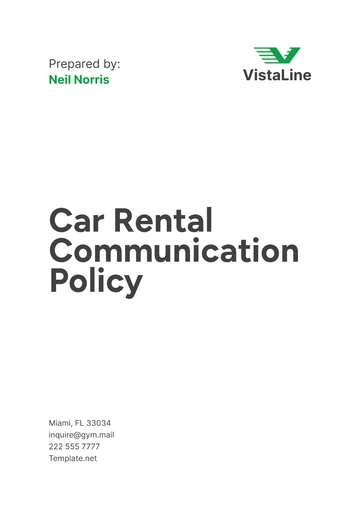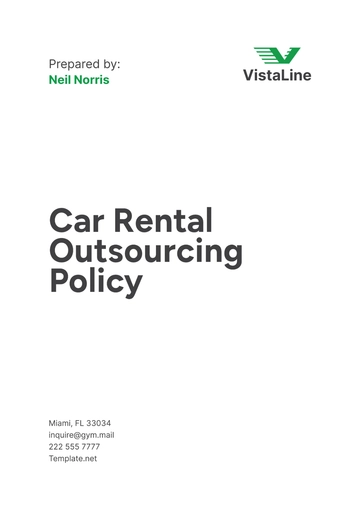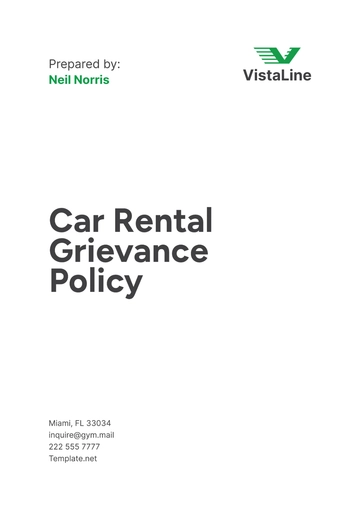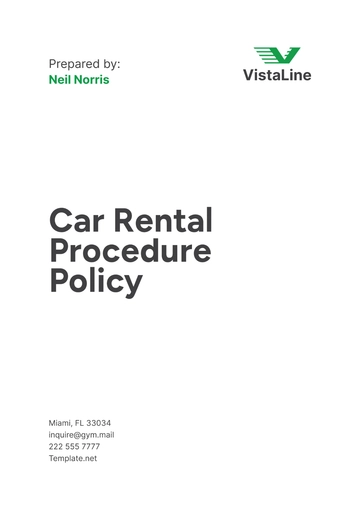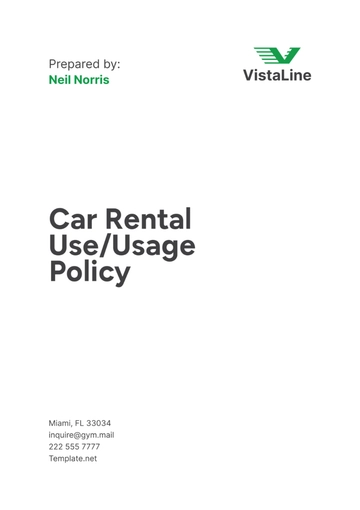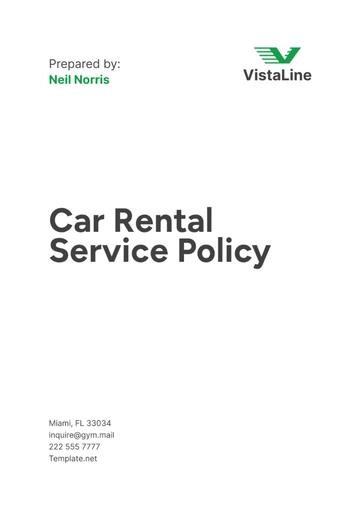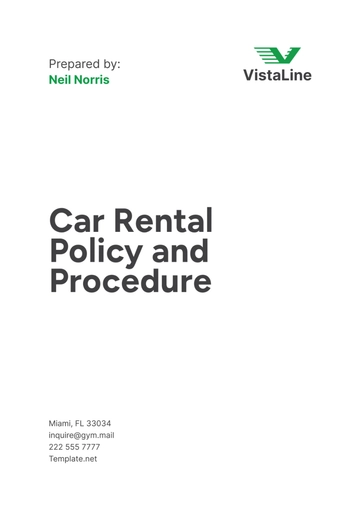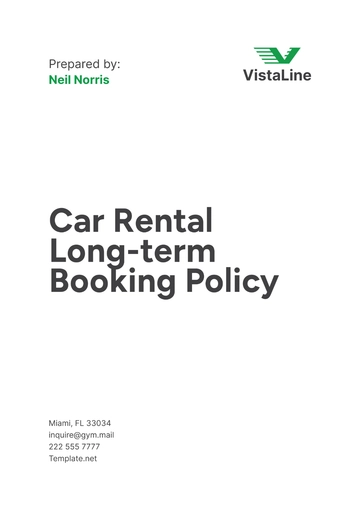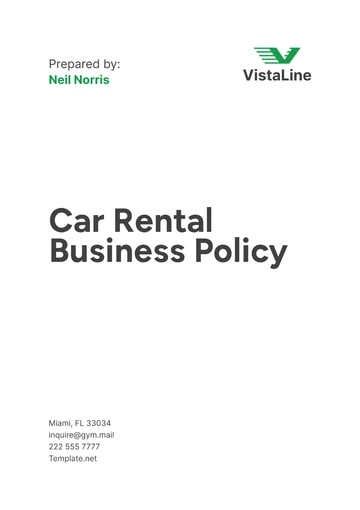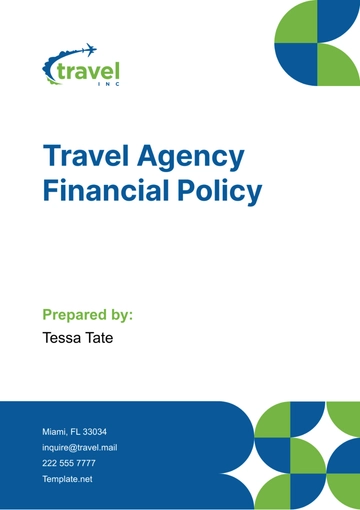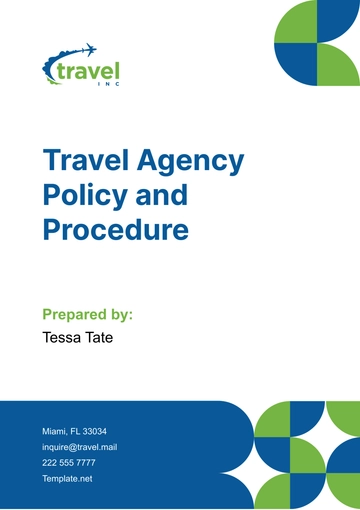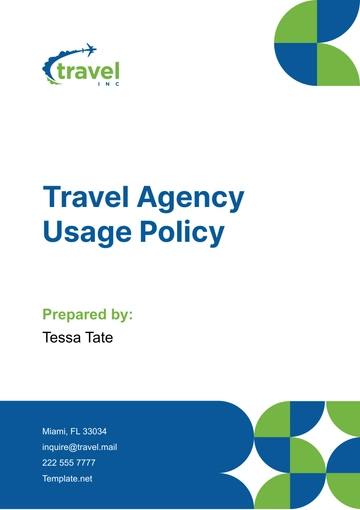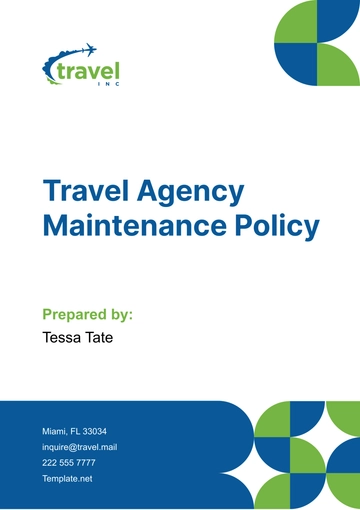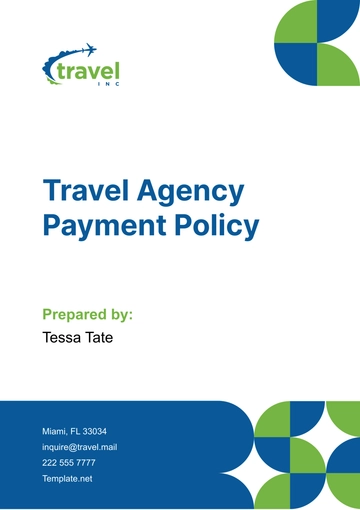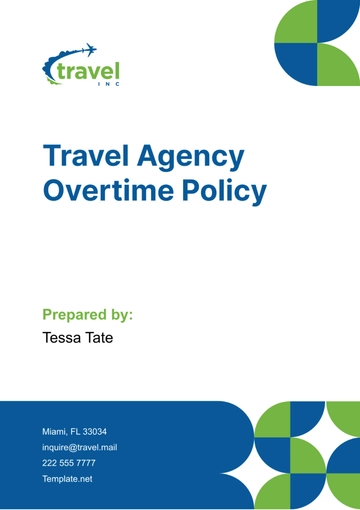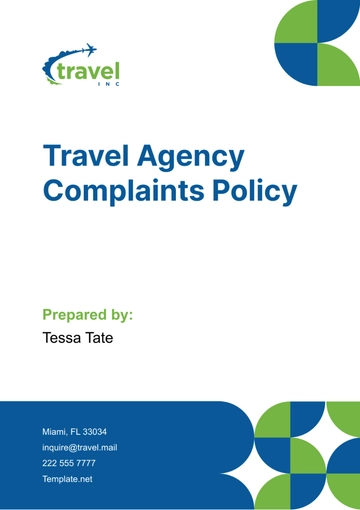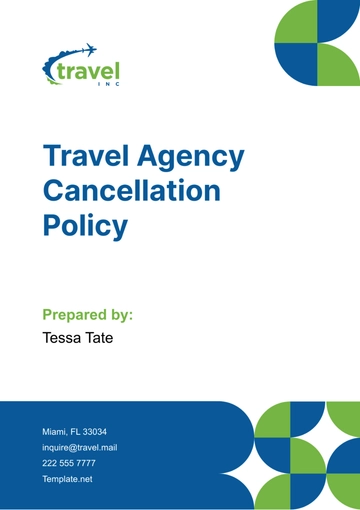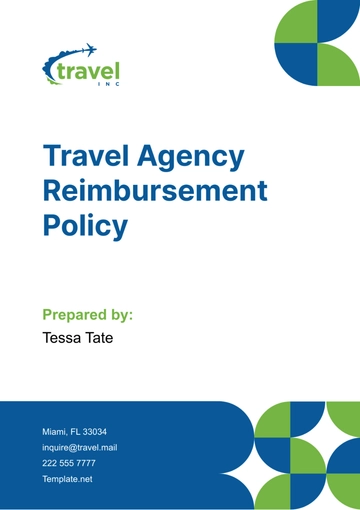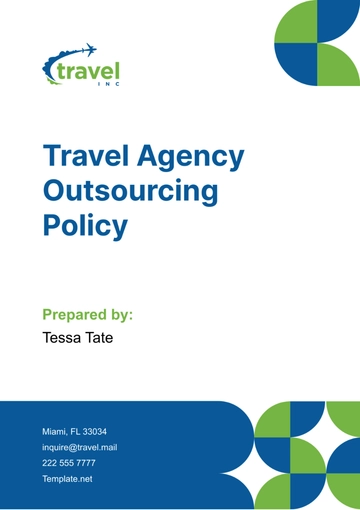Free Travel Agency Remote Work Policy
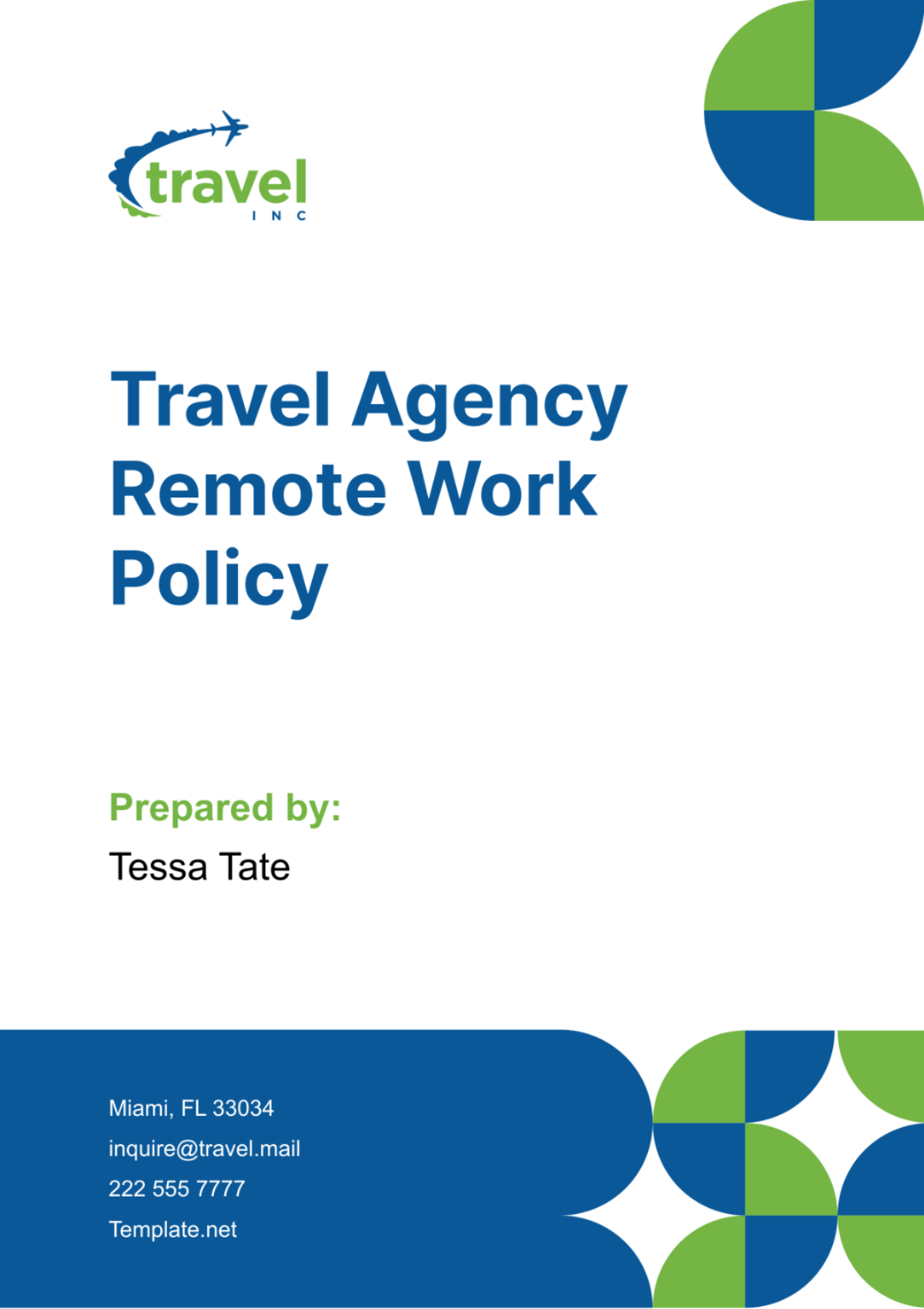
1. Purpose and Scope
Objective
The objective of this Remote Work Policy is to facilitate a flexible work environment that supports the unique needs of our employees while maintaining the high level of customer service and operational efficiency expected at [Your Company Name]. This policy aims to enhance work-life balance, reduce commute times, and promote a modern, digital-first workplace.
Eligibility
Remote work is available to all employees whose job functions do not require them to be physically present at the office. Eligibility for remote work is determined based on the role, performance history, and the business needs of the department. Not all positions at [Your Company Name] are eligible for remote work arrangements due to their specific requirements for in-person interaction or access to onsite resources.
Scope
This policy covers various forms of remote work arrangements:
Full-time Remote: Employees work from a remote location all working days.
Part-time Remote: Employees split their work time between remote locations and the office.
Ad Hoc Remote: Employees work from a remote location as needed, with prior approval from supervisors.
2. Policy Guidelines
Work Hours
Employees are expected to maintain standard working hours consistent with their in-office colleagues, typically 9:00 AM to 5:00 PM in their respective time zones, to ensure availability for collaboration and communication. Flexibility in scheduling is permitted, subject to prior approval from the supervisor.
Communication
Primary Tools: Email, Microsoft Teams, and Zoom are the primary tools for daily communication.
Expectations: Employees must respond to communications within one business hour during their working time unless otherwise engaged in pre-approved activities that do not permit immediate response.
Data Security
Sensitive Information: Employees must use company-provided VPNs and adhere to data protection protocols when accessing sensitive information remotely.
Client Confidentiality: Upholding client confidentiality is paramount, and any breach will be subject to disciplinary action.
Productivity Expectations
Monitoring: Productivity will be monitored through weekly progress reports and the achievement of performance metrics agreed upon with supervisors.
Standards: Employees are expected to maintain or exceed their productivity levels as if they were working from the office.
3. Remote Work Environment
Workspace Requirements
Employees are responsible for providing a home office environment that is quiet, secure, and free of distractions. It should include:
Desk and Chair: Ergonomic to prevent strain or injury.
Lighting: Adequate lighting to reduce eye strain.
Equipment Provision and Support
Provided by Company: [Your Company Name] will provide the necessary technology including a laptop, second monitor, necessary software, and a phone allowance.
Support: IT support will be available during business hours to assist with remote work setup and troubleshooting.
Expense Reimbursement
Internet: A monthly stipend will be provided to cover high-speed internet service.
Supplies: Necessary office supplies can be reimbursed up to $50 per month with receipts.
4. Health and Safety
Ergonomics
Employees are strongly encouraged to configure their remote workspaces with ergonomically designed furniture and equipment. The company offers a one-time stipend of up to $500 to purchase ergonomic equipment, including chairs, desks, or keyboard trays. Guidance on setting up an ergonomic workspace will be provided in a detailed manual available on the company intranet.
Mental Health
Support Resources: [Your Company Name] provides a comprehensive employee assistance program (EAP), which includes access to mental health professionals, stress management workshops, and webinars on work-life balance.
Breaks: Employees are encouraged to follow the 20-20-20 rule (every 20 minutes, take 20 seconds to look at something 20 feet away) to reduce eye strain. Regular physical breaks (5-10 minutes every hour) are also encouraged to help maintain physical and mental well-being.
Community and Social Interaction: Virtual coffee breaks and social hours are scheduled regularly to foster a sense of community and combat feelings of isolation.
5. Performance Management
Reviews and Feedback
Regular feedback is crucial for the growth and development of remote employees. Detailed feedback mechanisms include:
Immediate Feedback: Following major projects or presentations, immediate feedback will be provided to discuss outcomes and areas for improvement.
360-Degree Feedback: An annual 360-degree feedback process involving peers, subordinates, and supervisors to provide a holistic view of performance.
Goal Setting
Tracking: Goals will be tracked using the company’s performance management system, which allows employees and managers to update progress in real time.
Adjustments: Goals will be reviewed quarterly to ensure they remain aligned with team and company objectives. Adjustments will be made based on the evolving business environment or employee career aspirations.
6. Travel-Specific Considerations
Aspect | Detail | Example |
|---|---|---|
Client Meetings | In-person meetings are sometimes required. Travel and expense guidelines are detailed below. | Expenses for travel are fully reimbursed. |
Time-sensitive Communications | Protocols for handling urgent communications outside of normal hours are established. | Availability during high travel season peaks. |
Training | Continuous learning is required. Types of training and their frequency are outlined. | Annual destination training; quarterly product updates |
Client Meetings
Face-to-face interactions with clients are crucial for maintaining relationships and securing deals. Travel costs and arrangements for such meetings are managed by the administrative department, ensuring alignment with budget allocations and policy standards.
Time-sensitive Communications
Employees must be available to handle urgent issues promptly, especially during high travel seasons or in case of client emergencies. The table below details expected response times and availability.
Training
Ongoing training is essential to ensure that our team members are equipped with the latest information and skills needed in the dynamic travel industry. The table below outlines the types of training provided, along with their scheduled frequency.
7. Legal and Regulatory Compliance
Compliance Area | Policy Detail | Employee Responsibility |
|---|---|---|
Labor Laws | Adherence to national and local laws regarding remote work, anti-discrimination, and accessibility. | Report any discrepancies or concerns to HR. |
Insurance | Modifications to insurance coverage detailed for remote work scenarios. | Ensure understanding and compliance with new policies. |
Tax Implications | Guidance was provided on tax deductions for home office setups. | Maintain records of eligible expenses for submission. |
Labor Laws
[Your Company Name] is committed to complying with all applicable labor laws, ensuring that remote work practices do not infringe on employees' legal rights and are consistent with employment standards.
Insurance
Changes in insurance coverage are specifically tailored to meet the needs of remote work environments. Employees must understand how their coverage may change when working remotely.
Tax Implications
The company has committed to offering yearly sessions featuring tax professionals. These sessions are designed to assist employees in gaining a thorough understanding of their entitlements linked to remote work and to guide them on how to fully maximize these benefits.
8. Modification and Termination of Remote Work
Situation | Policy Action | Process |
|---|---|---|
Performance Issues | Remote work may be revoked if performance metrics are not met. | Review and consultation with HR and direct supervisor. |
Business Needs Change | Shifts in business strategy or client needs may necessitate changes to remote work arrangements. | Formal notification and transition period outlined. |
Modification Policy
Circumstances that may lead to modifications in the remote work arrangement include instances where there have been significant changes to the business's needs or where there has been consistent underperformance by the employee.
Process for Transition
Comprehensive and well-defined procedures have been established to assist employees in the transition back to office-based work environments. These procedures are designed to ensure that there is minimal disruption to work processes and to provide continuous support to employees throughout change.
9. Agreement and Acknowledgement
Employee Agreement
Each remote employee is required to sign an agreement that they have understood the terms of the Remote Work Policy. This ensures clear communication and mutual agreement on the terms of remote work.
Updates
The policy will be reviewed annually, and any updates will be communicated via email and mandatory virtual meetings where the changes will be discussed and questions answered.
- 100% Customizable, free editor
- Access 1 Million+ Templates, photo’s & graphics
- Download or share as a template
- Click and replace photos, graphics, text, backgrounds
- Resize, crop, AI write & more
- Access advanced editor
Adapt to modern work trends with Template.net's Travel Agency Remote Work Policy Template. Fully customizable and editable, this template integrates seamlessly with the Ai Editor Tool, enabling you to tailor your remote work guidelines specifically to your agency’s needs. Ensure flexibility and productivity with our expertly designed template, fostering a successful remote work environment.
You may also like
- HR Policy
- Restaurant Policy
- Company Policy
- Accounting Policies and Procedures
- Website Policy
- Privacy Policy
- Safety Policy
- School Policy
- IT and Software Policy
- Law Firm Policy
- Construction Policy
- Interior Design Policy
- Travel Agency Policy
- Education Academic Policy
- Security Policy
- Real Estate Policy
- Expense Policy
- Software Policy
